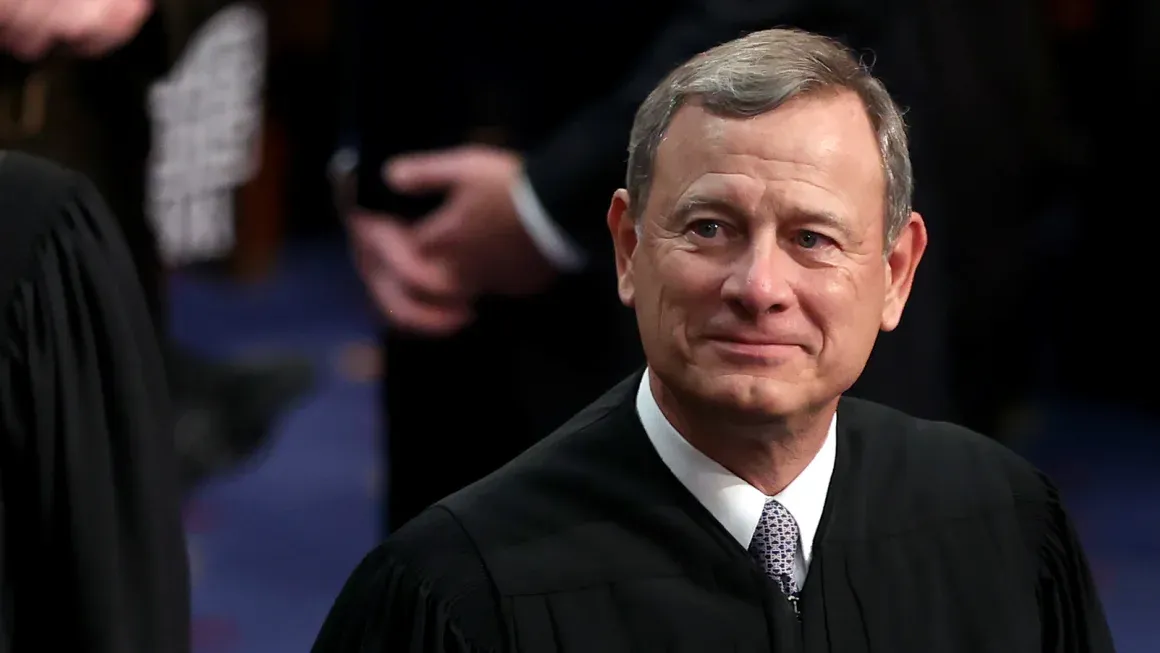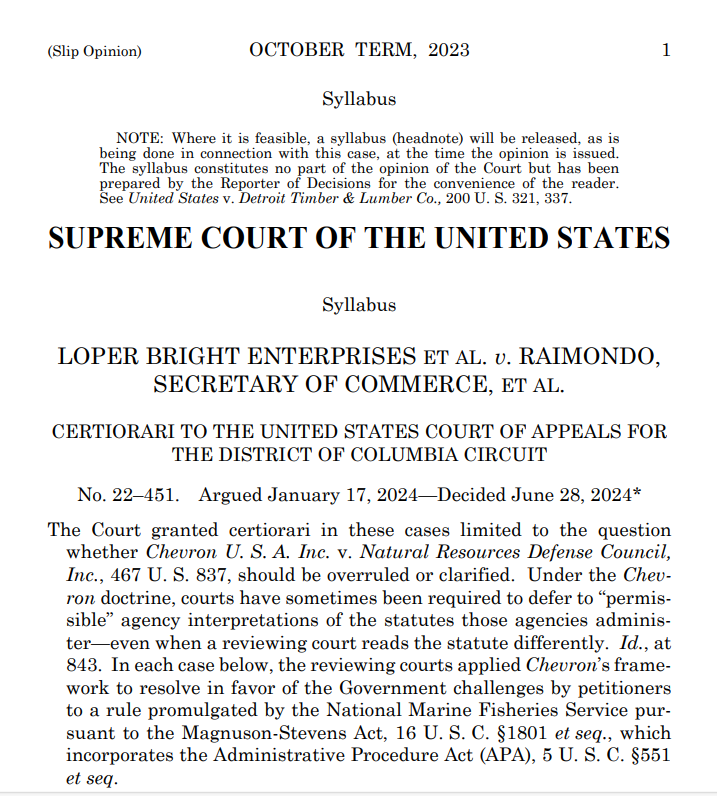
Net Neutrality
The decision could have a big impact on two pending cases involving the Federal Communications Commission, including net neutrality.

 Pool photo of Chief Justice John Roberts at the 2024 state of the union address by Julia Nikhinson
Pool photo of Chief Justice John Roberts at the 2024 state of the union address by Julia Nikhinson
WASHINGTON, June 2024 – In a closely watched case, the Supreme Court on Friday ruled that federal courts do not need to defer to regulatory agencies in disputes over the correct reading of vague laws passed by Congress.
In a 6-3 decision, the court overturned what’s known as the Chevron Doctrine, a 1984 Supreme Court precedent that required the judiciary to uphold agency statutory interpretations when laws came with unclear commands or had gaps needed filling.
“Perhaps most fundamentally, Chevron’s presumption is misguided because agencies have no special competence in resolving statutory ambiguities. Courts do,” said Chief Justice John Roberts, writing for the majority. “Chevron gravely erred in concluding that the inquiry is fundamentally different just because an administrative interpretation is in play.”
Chevron deference became controversial because it had the twin effect of denying courts their historic role of deciding the meaning of laws and enhancing the power of administrative agencies that knew they would rarely lose in court.
Joining Roberts’ opinion in Loper Bright Enterprises v. Raimondo were Justices Clarence Thomas, Samuel Alito, Neil Gorsuch, Brett Kavanaugh, and Amy Coney Barrett. Justice Elena Kagan filed a dissent joined by Justices Sonia Sotomayor and Ketanji Brown Jackson in part.
The decision could have a big impact on two pending cases involving the Federal Communications Commission.
The FCC’s new digital discrimination rules included a disparate impact standard that can hold broadband Internet Service Providers liable for unintentional discrimination in the rollout of broadband infrastructure. The FCC’s rules are now before the U.S. Court of Appeals for the Eighth Circuit in St. Louis.
Broadband ISPs have also challenged the FCC’s Net Neutrality rules and have asked the U.S. Court of Appeals for the Sixth Circuit to stay them by July 15.
In both cases, the ISPs have said the FCC acted based on an incorrect interpretation of federal laws. Before Friday’s Supreme Court ruling, the Chevron Doctrine would have required courts to accept the FCC’s rules if found to be reasonable and not arbitrary or capricious.
Public Knowledge issued a press release critical of the court’s ruling. The progressive organization said the decision “jeopardizes Net Neutrality.”
Free State Foundation President Randolph May issued a statement saying “the practical effect of the Supreme Court’s decision in Loper should be to rein in overly aggressive statutory interpretations by agencies.”
The court’s ruling Friday was not a constitutional holding. It did not say Chevron violated a constitutional clause or amendment, only that it did not conform with the Administrative Procedure Act of 1946. That means Congress could pass a law restoring the Chevron Doctrine. In fact, bills have been introduced on Capitol Hill to defend or abolish Chevron deference.
Even though the Supreme Court majority said Chevron deference was “fundamentally misguided,” it said its decision Friday would not impact prior cases in which agency regulations were upheld under the Chevron Doctrine.
“By overruling Chevron … the court does not call into question prior cases that relied on the Chevron framework,” Roberts’ opinion said.




